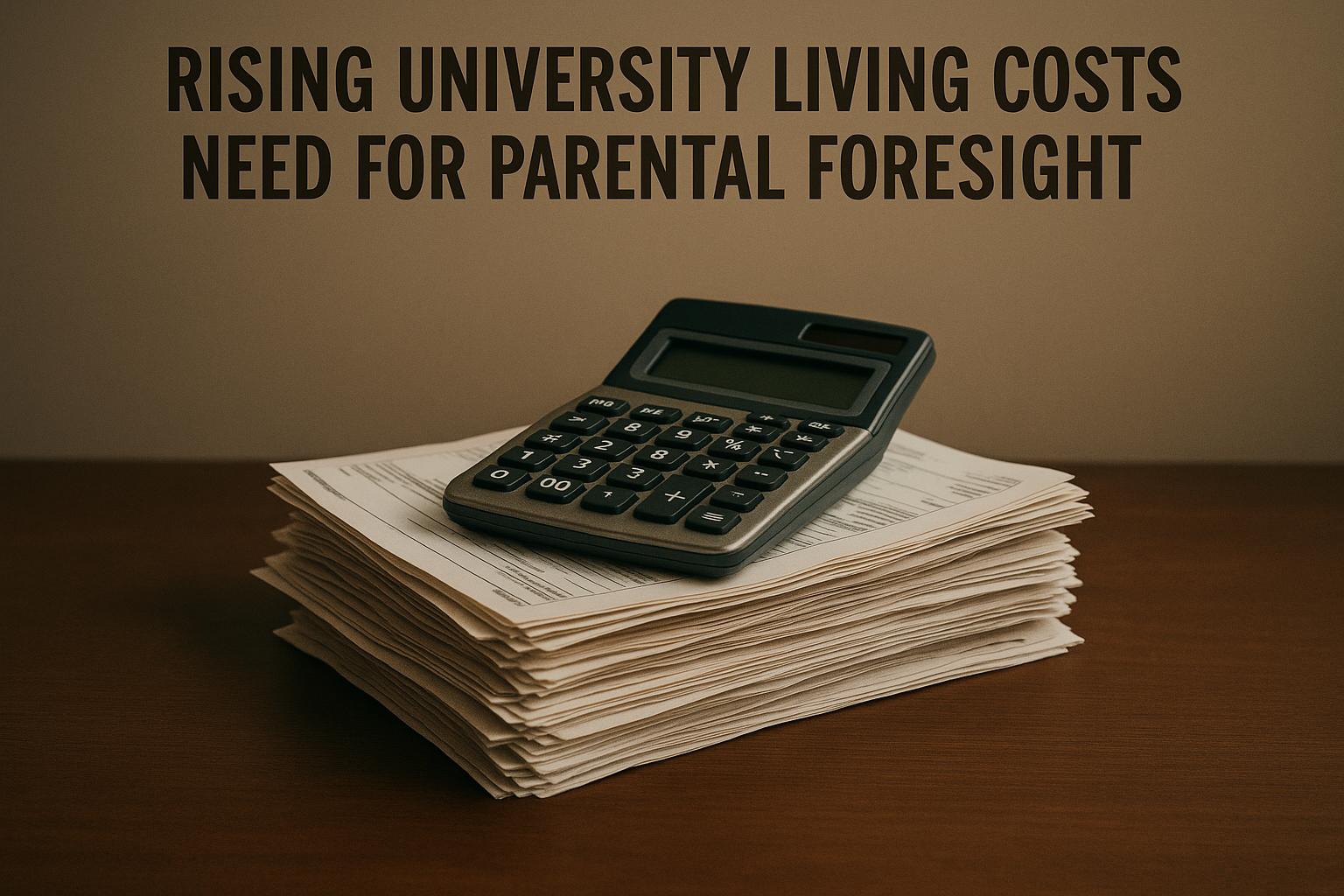Martin Lewis, the Money Saving Expert, has issued a clear warning to parents of prospective university students about the urgent need to start saving early due to a "hidden" and often overlooked cost related to student living loans. Speaking on This Morning, Lewis highlighted that the loans intended to cover students’ living expenses are means-tested against family income, introducing a significant financial challenge for many parents.
He explained that if the combined family income exceeds £25,000, the amount a student can borrow for living costs begins to decrease. This threshold, Lewis noted, has remained unchanged for over a decade, despite inflation soaring by 64% since 2008. Such a static figure in the face of rising living costs amounts to what he described as an “outrageous” policy. This means that many families will need to supplement their children’s living expenses from their own savings, making early financial planning essential. Lewis urged parents to start saving now to bridge the shortfall students face.
This situation reflects a broader structure of student financial support, where means-tested loans and grants aim to target funds toward students from lower-income households. The assessment process involves evaluating parental income and calculating a sliding scale of loan eligibility, which often leaves a gap that families must fill. For example, while students from families earning below certain thresholds may receive full fees and maximum loans, those with incomes slightly above these limits face diminishing entitlements, pushing the financial burden onto parents.
In further context, other government support such as maintenance loans are also subject to means testing, with household income thresholds affecting both the amount and type of loan or grant available. Data shows that households earning above approximately £39,900 see reduced loan amounts, and families earning over £48,350 may only qualify for 75% of the maximum loan. Additionally, changes to student loan repayment rules now require graduates to pay nine per cent of their income over a reduced threshold of £25,000, often over a longer repayment period, extending up to 40 years. This combination of limited financial support and prolonged repayment obligations underscores the importance of comprehensive financial planning for university costs.
Financial advice from experts such as Lewis underscores that parents can no longer rely solely on state support for their children’s higher education living expenses. Planning tools and graphs have been developed to help parents assess how much they need to save, linking income levels to expected contributions. This planning is essential as the landscape of university funding continues to evolve, with static means testing thresholds failing to keep pace with rising costs. Parents are therefore facing increased pressure to prepare well in advance to ensure their children can manage the full cost of university life.
📌 Reference Map:
- Paragraph 1 – [1], [6]
- Paragraph 2 – [1], [4]
- Paragraph 3 – [3], [5], [7]
- Paragraph 4 – [2], [6], [7]
Source: Noah Wire Services
